The demand for cobalt is skyrocketing. It is proportional to the deployment of our electric cars and our use of digital technology; because without cobalt, there are no batteries. People die for it, children suffer for it, livelihoods, education, neighbourhoods, the environment and personal safety are sacrificed to extract it. Can the human and environmental costs be minimized? This is one of the great challenges of our energy transits.
Its name evokes a deep, vivid blue. But when cobalt is mined from the ground as an ore, it barely contains a hint of the superb colour to which it lends its name. In the Democratic Republic of Congo, which produces more than half of the world's reserves, it takes the form of heterogenite, a dull, brownish ore that could easily be mistaken for small lumps of earth. For him people die, for him everything is sacrificed: the most basic human rights, the environment, security.
Cobalt, a sensitive material
Because cobalt is a sensitive material. It is used in medicine for imaging, cancer radiotherapy and the sterilisation of medical equipment. It is present in the rechargeable batteries of smartphones and laptops. It is also part of the lithium-ion batteries that power electric vehicles and store energy from the sun, wind and other renewable sources. It plays a key role in the transition from fossil fuels to green energy. A report predicts that global cobalt demand will increase by 60 % by 2025 from 2017 levels, with batteries accounting for more than half of this use.
By taking an interest in this ore, which used to be used only to make colours, we discovered how dirty the conditions of its extraction were. Some people are concerned about this and seek to guarantee ethical production, minimizing the damage to people and the environment that its extraction causes.
Violation of human rights
Sixty percent of the world's cobalt supply comes from the Democratic Republic of Congo (DRC). This should be a source of wealth for this country, which is near the three quarters of the Congolese live in the most extreme poverty. This is due to the very organisation of cobalt production. About a fifth of the ore produced in the DRC comes from small-scale artisanal mines. People, including children from 7 years old barely, work under dangerous conditions without gloves to protect them from contact dermatitis, breathing the cobalt-laden dust associated with a pneumonic disease potentially fatal. Miners work in makeshift tunnels that could collapse at any moment and bury them alive. An activity that takes place in an atmosphere of violence and human exploitation on which our western eyes cast hypocritical veils. « There are a range of human rights violations related to cobalt mining in the DRC, generally stemming from the fact that it is an activity that is very poorly regulated by the Congolese government.« said Mark Dummett, Amnesty International's Head of Business, Security and Human Rights.
When it is not the small artisanal mines that supply the cobalt, it is the large industrial mines that take the lion's share. Here, it's silence and omerta. The head of Amnesty International says that these large mines pose huge pollution problems but they operate with impunity, with almost no information or assessment of their environmental impact.
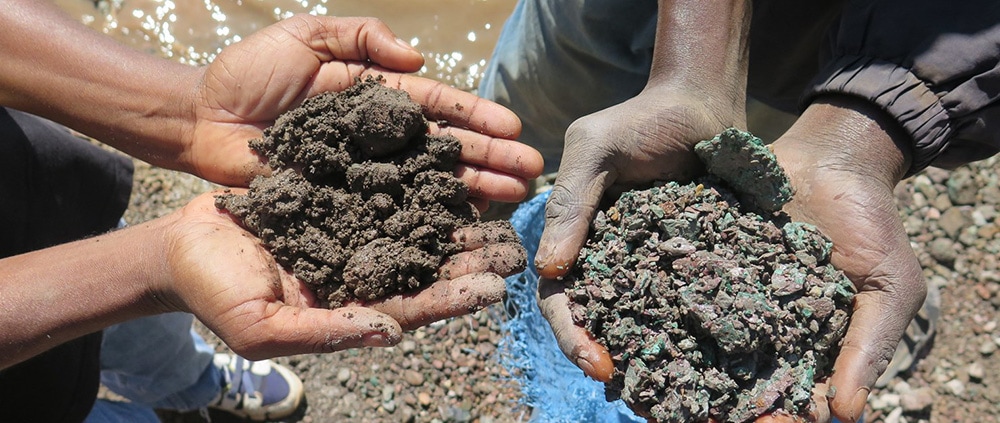
Nazmul Huda, Senior Lecturer in Mechanical Engineering at Macquarie University in Sydney, recently co-authored a analysis the life cycle of environmental and human health impacts of cobalt production, from raw material to purified end product. He and his co-authors found it difficult to draw conclusions about cobalt mining in the DRC because there simply was not enough data and research on the subject.
Instead, they looked at cobalt mining in Australia, where cobalt is removed as a by-product of copper and nickel mining. Although mining in Australia is highly regulated, the researcher and his colleagues found that this method of cobalt mining has a high environmental cost - mainly because of the greenhouse gas emissions generated by the fossil fuels used in the process. « We have the mining equipment, we have the heavy machinery that is used to operate the open pit mine, prior to the underground mining process, then there's the electricity used throughout the production line, and then we have the blasting process.« explains Nazmul Huda. He concludes: " As far as I can see, it's not sustainable in the long run."
Drawing the attention of the international community
The social and environmental issues associated with cobalt mining have, for a long time, remained largely unknown. However, the growing demand for cobalt to support the energy transition has brought these issues to the attention of the international community.
This is why end-users, such as technology companies and consumers, are again focusing on the cobalt supply chain. Some of the world's largest technology companies are being encouraged to implement due diligence on the cobalt they include in their products and to ensure that they are able to trace this cobalt through the supply chain and ensure that it comes from responsible sources. The consequences of a lack of control became very clear in December of last year when some of these technology companies - Apple, Alphabet (Google), Dell, Microsoft and Tesla - were subject to an lawsuit for complicity in the death and injury of children working in the extraction of cobalt that ended up in their products.
Amnesty International has published two major reports on the human rights and environmental issues related to cobalt mining and launched an initiative that challenged the electric vehicle industry to produce a battery with a completely clean human rights record in all its components. And the Business and Human Rights Resource Centre, an international non-governmental organization, developed an online tool, Transition Minerals Tracke,r to monitor human rights claims associated with minerals such as cobalt, which are essential in the transition to renewable energy and a low-carbon economy.
"We've launched this tool so that it can be used by investors but also by companies at the end of the supply chain, just to understand who the players at the top are, what their policies are and, hopefully, could engage with them to change some of these things," says Stephanie Regalia, a natural resources research assistant at the centre.
Within the Responsible Business Allianceinitiative, the Responsible Minerals helps companies understand and improve the social and environmental performance of their cobalt supply chains. The alliance has recently partnered with RCS Global Groupa company specializing in the responsible procurement of materials, to expand the assessment, monitoring and improvement of artisanal and small-scale cobalt mining practices in the DRC. The aim is to increase the transparency of the supply chain, in the hope that this will lead to safer and less humanly exploitative practices in these mines.
Alliance Vice President Leah Butler says the world can learn from past experience with tungsten, tin, tantalum and gold - the 3TG - to avoid the same mistakes with cobalt. "Thanks to 3TG, we know it can be done," she explains. "Companies can have a clear understanding of where they source cobalt, and with that knowledge we can work to improve practices from those sources.
Changes along the way
And that generates change. According to Leah Butler, the Alliance now has more than 50 % cobalt refiners identified in its program worldwide - companies that purchase and process cobalt from artisanal and small-scale mines. This virtuous approach is driven largely by customer demand for ethical and sustainable products, investor expectations for responsible sourcing, and global interest in the social and environmental costs of minerals. The programs help refiners assess the basic conditions in the mines where they source cobalt and work with those mines to improve conditions, for example by implementing zero-tolerance policies on child and forced labour.
Have these commitments made a difference on the ground in the DRC? Mark Dummett says there are positive signs of change. A school mentioned in Amnesty International's first cobalt report, an institution that searches for children on mine sites and provides free education in a country that cannot otherwise provide it, has since received significant donations that have enabled it to open at least five new schools, teaching thousands of children rescued from the mines.
According to the Amnesty International official, the Congolese government has taken important initiatives to address the problems associated with artisanal mining, such as the creation of "model mines" where heavy machinery is brought in to remove the top layer of soil and expose heterogenite, reducing the need for miners to dig precarious tunnels by hand. Mines, he says, are also closed to prevent children from working there. "These are examples of how companies and government are looking for ways to make artisanal mining safe, responsible and fair," Dummett said. "Maybe they're not quite there yet, but they're moving in the right direction. »
Another government initiative, he says, is to create official zones where artisanal mining can take place, giving the mines legitimacy that makes it easier for miners to form cooperatives, borrow money and bring in bigger equipment to make mining safer.
The road to recycling
Another avenue being explored to reduce the negative effects of cobalt mining is improved recycling, which would significantly reduce the need for mining. In February 2019, the U.S. Department of Energy invested in a pilot plant, ReCell Centerto explore cost-effective ways to recover lithium and cobalt from lithium-ion batteries. At about the same time, it launched a US$5.5 million award to find solutions for the collection, storage and transportation of discarded lithium-ion batteries. Meanwhile, the UK has developed its own Reuse & Recycling of Lithium-ion Batteries initiative, or ReLiBwhich focuses on recovering valuable materials such as cobalt from these batteries.
A Japanese company, Sumitomo Metal Mining, has recently announced that it had developed a method for melting spent batteries from electric vehicles and recovering cobalt. However, the company recognizes that it will take some time before large quantities of spent batteries will be available for recycling.
In France, the Eramet, BASF and Suez groups announced in September that they were working together on the ReLieVe project for the loop recycling of lithium-ion batteries. Approximately 50,000 tons of batteries should be recycled in Europe by 2027, a figure that could be multiplied by more than ten at 2035″, says Jean-Marc Boursier, Deputy Chief Executive Officer of Suez. Other projects are being developed in France: Bolloré is working on a technology to recover lithium from its lithium-metal-polymer batteries at its Ergué-Gabéric site (Finistère). Euro Dieuze Industrie (Veolia group) is able to recycle 90% of the mass of a lithium-ion battery at Dieuze (Moselle). As for Snam, it has developed a reconstruction unit that produces new batteries from 80% of recycled components in Viviez, in the Aveyron.
Remove cobalt?
Recycling is good, but what if we simply removed the cobalt from our batteries? Tesla's announced plans to do that. Stephanie Regalia of the Business and Human Rights Resource Centre explains that when a mineral is tainted by an ethical breach, there is a temptation to exclude it from the supply chain and look for an alternative. But unfortunately no transition ore is perfect; lithium, manganese, nickel and zinc are all associated with human rights abuses. And to avoid cobalt would be to deprive a valuable source of income from people who need it more than others," says Mark Dummett.
"Artisanal mining is a lifeline for millions of the world's poorest people, [so] we don't want it banned," he said. "There are ways to do it responsibly, fairly and safely, without children, and that's what we would like to see.
The human cost of cobalt mining - once a problem largely hidden from the end users of the ore - is now more widely highlighted, and the eyes of the world, especially consumers, are open. This gives Stephanie Regalia reason for hope, but she concedes that there is still a long way to go. "For now, we have to recognize that the realities are still very much alive, as environmental concerns and human rights are still very much alive in the DRC," she says. "This is a situation that has been noticed. It is a situation that has been noticed. It is not yet a situation that has been resolved.
Bianca Nogrady, journalist Ensia
Source : Ensia

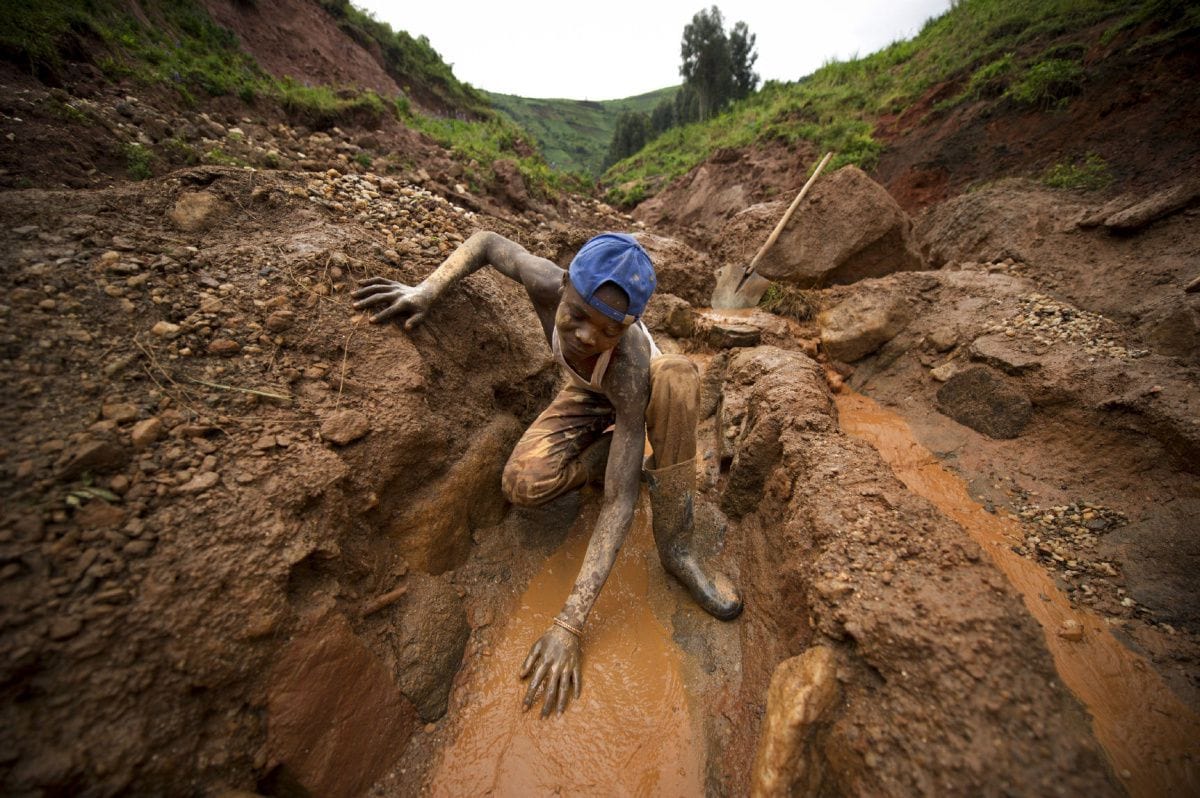

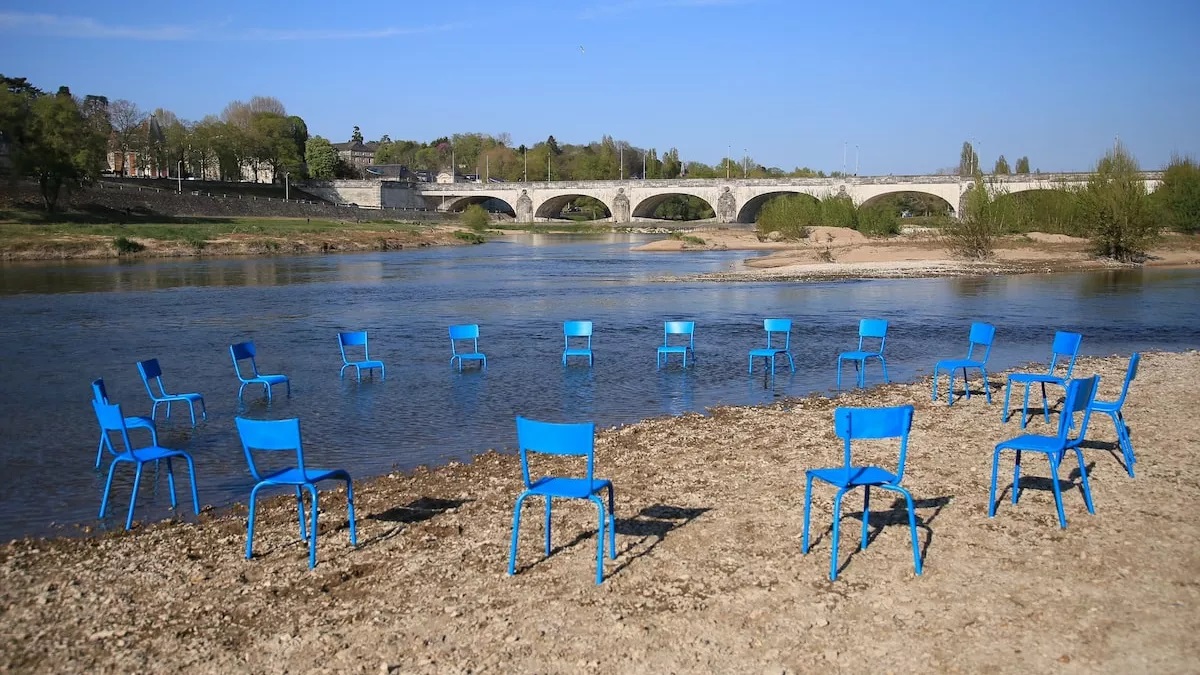
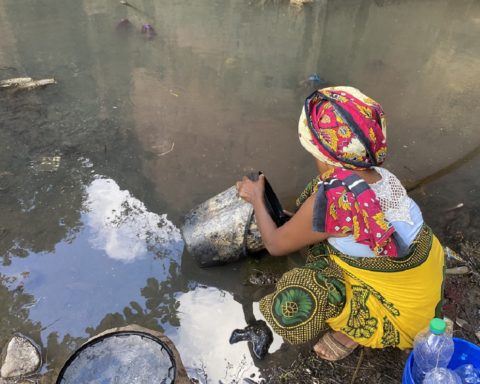
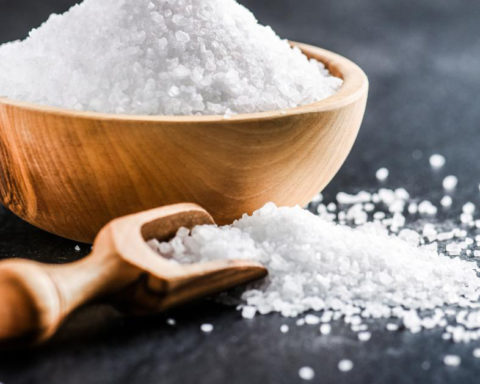
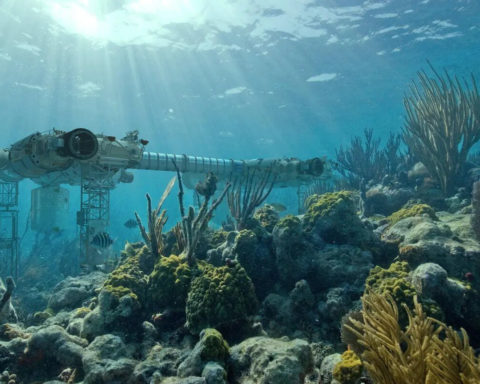






bonjour merci pour cet article qui montre que quoique que nous fassions la dépendance existera toujours . Some people see electricity as the magic environmental solution. I'm surprised that our European leaders, the Commission and environmentalists are silent about the damage caused by the exploitation of cobalt, lithium and coltan. The virtuous path to sustainable industrial and economic development will be very complicated. But the all-powerful IPCC seems to be setting the tone and the path to follow... reducing fossil fuels will be the solution... . Do they really have the relevant analysis and the global vision of the future?… Read more "
thank you lobbies